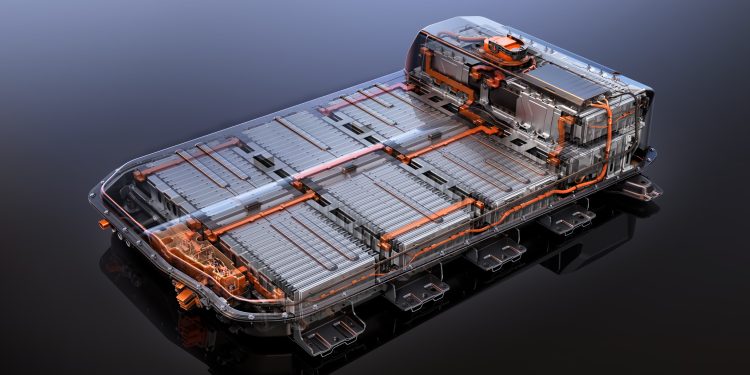#Agriculture #FarmingMachinery #RenewableEnergy #FossilFuels #SustainableAgriculture #Biofuels #TechnologicalInnovation #CarbonPricing #EnergyTransition
In contemporary agriculture, tractors and harvesters predominantly rely on diesel, and according to electrical engineer Michael Sterner, this trend is likely to persist for an extended period. Despite theoretical possibilities like solar energy, hydrogen, methane, and biofuels, these alternatives are currently only feasible for smaller agricultural vehicles, Sterner shared in an interview with the German public radio station Deutschlandfunk.
Tractors and harvesters in Germany and elsewhere commonly run on diesel, and alternative propulsion systems based on hydrogen, biofuels, methane, or batteries are, as of now, practical only for smaller vehicles, according to Sterner.
“Small tractors or forklifts can easily be operated electrically in agriculture,” stated the researcher from the Technical University of Regensburg.
However, heavier combines would push electric motors to their existing technical limits. Batteries capable of carrying the load for energy-intensive tasks of large agricultural vehicles would need to be significantly heavier than the vehicles themselves.
“In these performance classes, batteries are simply not practical today,” the expert noted.
Other forms of electric propulsion, such as cable drum systems connected to solar fields, have also failed to convince users in trial operations.
Sterner suggests that hydrogen-based engines could be an alternative, but they too face technical challenges regarding tank size and other parameters.
“At present, e-fuels, biofuels, and methane are the most promising solutions for larger machines, but they are not easily accessible yet,” Sterner further commented.
He emphasized, however, that renewable and decarbonized energy sources offer numerous opportunities for savings and even profits through on-site equipment and synergies between agriculture and bioenergy.
In recent days, agricultural businesses across Germany have initiated widespread protests against cuts in diesel subsidies prompted by a last-minute government budget change. They argue that these subsidy cuts and rising carbon prices have hit them harder than other business groups, demanding a complete reversal of measures after the government indicated last week that it would only partially cancel or postpone them.
As the agricultural sector grapples with the challenges of transitioning from fossil fuel-based machinery, it’s clear that viable alternatives for larger vehicles are still on the horizon. E-fuels, biofuels, and methane hold promise but face accessibility issues. However, the synergy between agriculture and renewable energy sources presents opportunities for both savings and profits. The journey towards sustainable farming machinery requires continued innovation and support from both the industry and policymakers.































